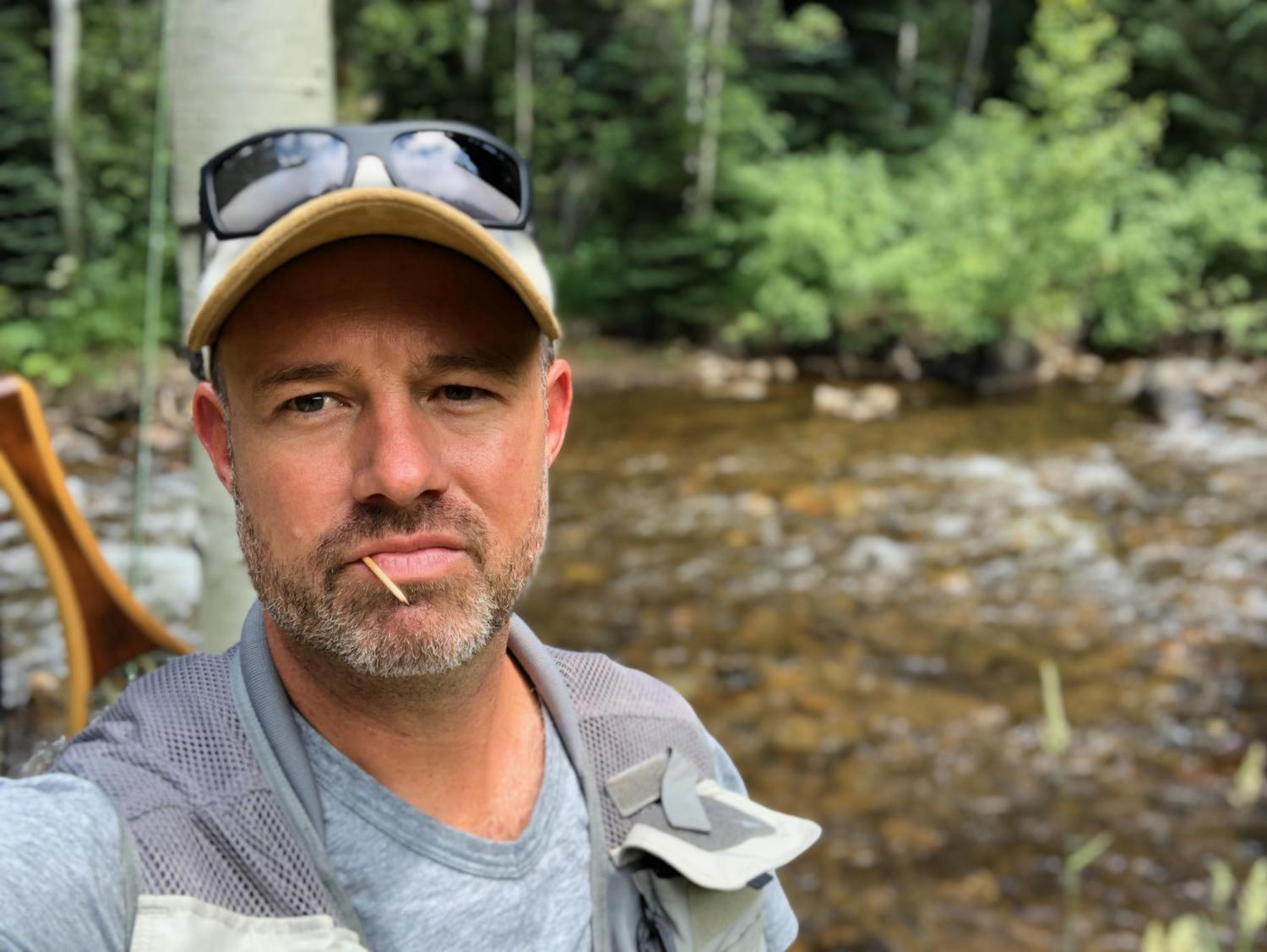Jud Valeski (CompSci, PoliSci'96)

Why did you choose to study computer science?
I actually started at CU with an emphasis in art. After a couple of semesters, however, I realized that the art coursework felt like "work," and I was spending all of my spare time writing software. It became pretty clear to me that formalizing my education around what I was more interested in spending free cycles on would be more appropriate, thus computer science.
Who or what had a strong effect on your interest or trajectory in computer science?
While I was at CU, the public, graphical, internet was coming online thanks to Netscape and Mosaic, and the broader impact software was about to start having on everyone on Earth was becoming clear; I wanted to be a part of that!
What life lessons did you learn during your time at CU?
CU's resources across the board are world-class and unique, yet, they weren't handed to me as a student. If I wanted to take advantage of them, I had to be the one to initiate and engage with them. You get out of something what you put into it.
Tell us about your career path.
Started my own software consultancy to build accounting programs for local area businesses while I was at CU. After graduating, I worked on client-side networking protocol stack software at Netscape, and progressed into software management/leadership positions across a few different companies. I eventually started a SaaS software company, Gnip Inc., in Boulder with a friend and operated that for several years before selling the company to Twitter. I now spend my time helping companies scale their software capabilities via board positions, advisor roles and general management. I am always writing software in the background somewhere.
What moments in your career have been most exciting or defining?
The first time I created a virtual server instance blew my mind. I realized we software developers could start treating hardware like software (boundlessly and without limit). The rest is history — "The Cloud."
What is your biggest career or life lesson to date?
It's cliché, but, it's all in the risks you're willing to take. Low-risk, low reward. High-risk, high-reward (with the occasional skinned knee).
Are there any “words to live by,” credo or top values that you follow?
"Whenever you find yourself on the side of the majority, it is time to pause and reflect." - Mark Twain
URLs are all that matter.
"Software is eating the world." - Mark Andreessen
What advice would you give to current or future computer science students?
Understand the bigger picture. If you find yourself specializing in one language, or exclusively on server-side/cloud or client-side software, you can wind up narrowing your options out in the world. Pursue breadth in understanding and knowledge in software. If you want to specialize later in your career, that's fine, but go out into the world with a wider stance.
What do you expect or hope to see in the next 50 years of computer science?
Machine learning and AI are our future. Whether you put energy into the underlying algorithms/systems/engines, or simply the application of various model execution frameworks, spend time understanding how these concepts work. We spent the first 50 years of writing software trying to be perfect and highly accurate. The next 50 years are about acquiescing and letting the software be 95-99% accurate, and that being enough.


